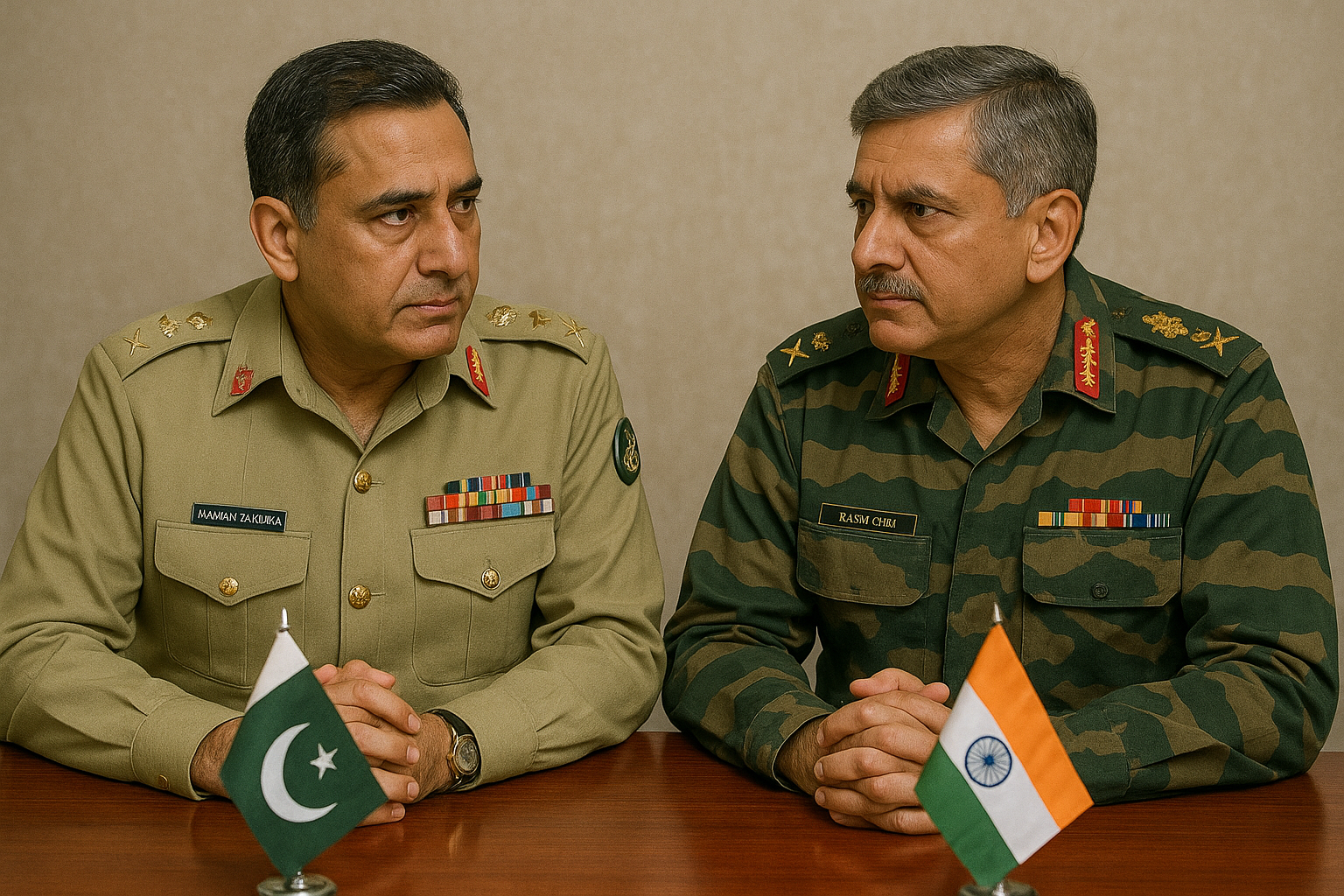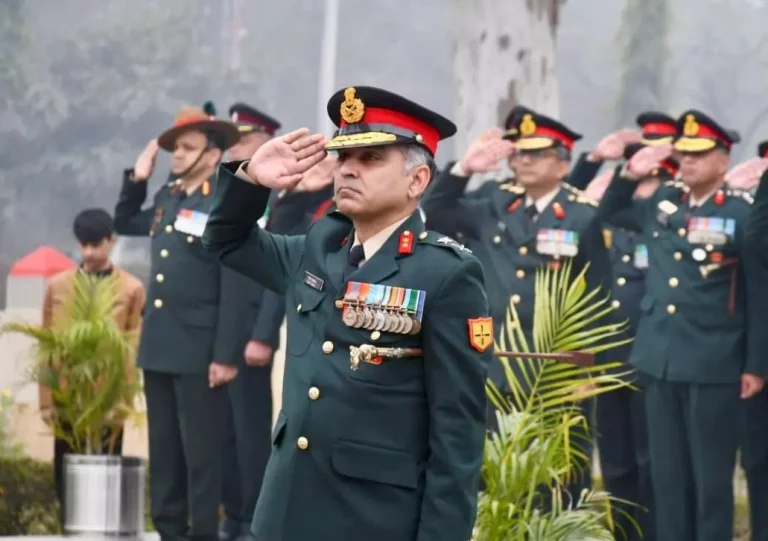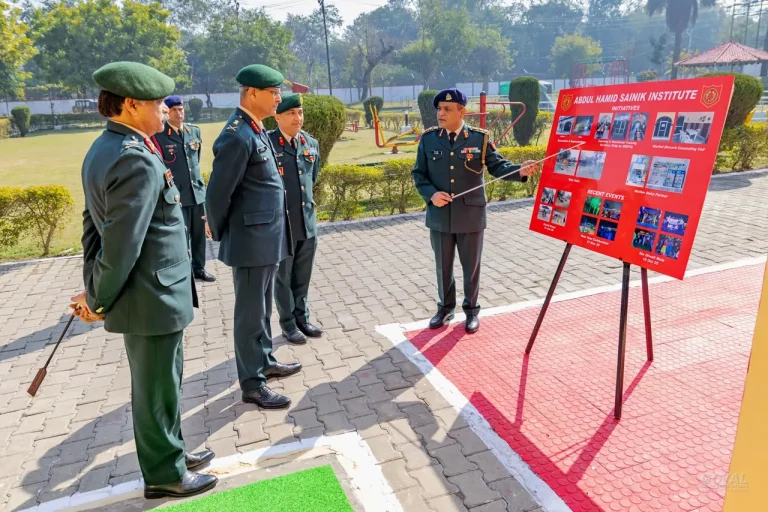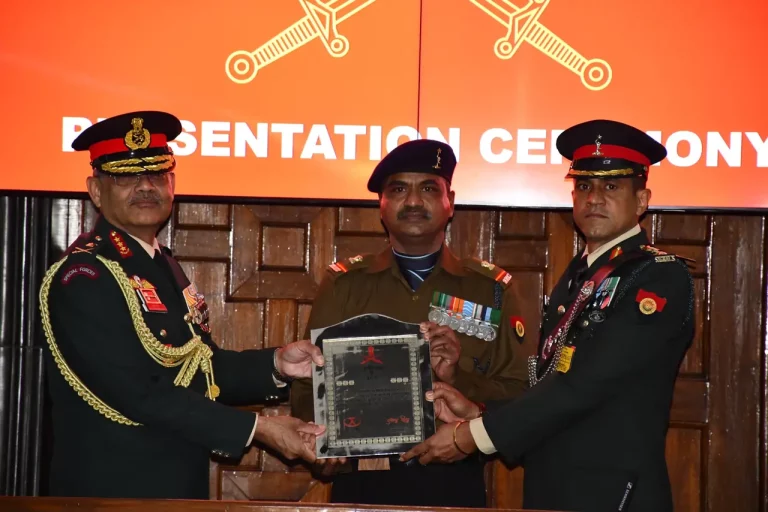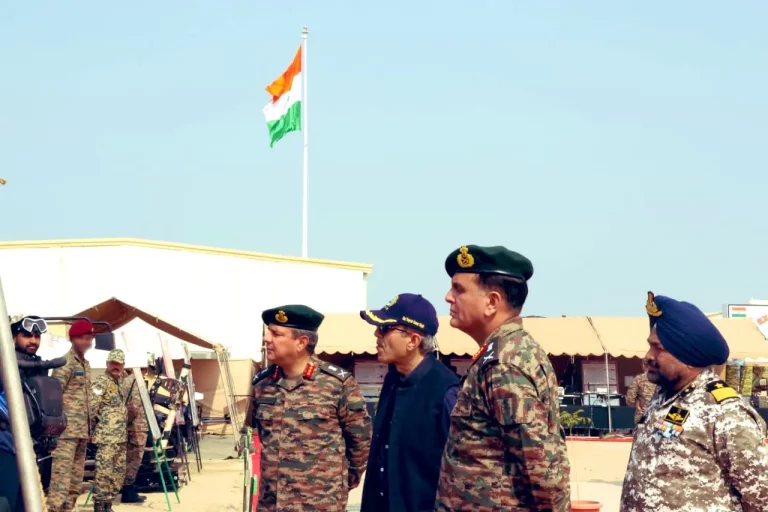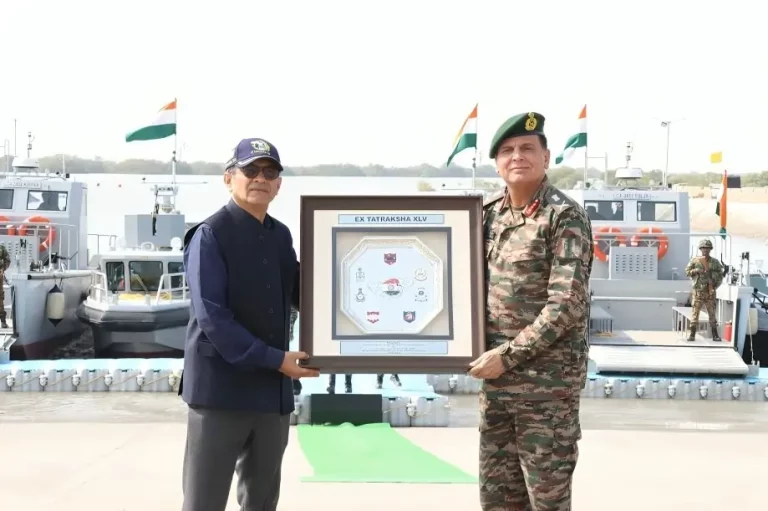In a significant move aimed at addressing escalating tensions, the Director Generals of Military Operations (DGMOs) from India and Pakistan engaged in urgent hotline discussions on April 29. This diplomatic outreach comes in the wake of an alarming increase in ceasefire violations along the Line of Control (LoC), following a deadly terrorist attack in Pahalgam, Jammu and Kashmir, on April 22, which resulted in 26 fatalities and has heightened unrest between the two nuclear-capable nations.
Sources within the defense establishment reported that the Indian DGMO sent a resolute message to his Pakistani counterpart, demanding a prompt halt to the unprovoked firing that has disturbed border communities for six consecutive nights. These violations stand in stark contrast to the reaffirmation of the 2003 ceasefire agreement in 2021, a pact that had largely maintained peace until recent hostilities reignited.
Further complicating the diplomatic landscape, India suspended the Indus Waters Treaty on April 23, citing national security concerns and accusing Pakistan of involvement in cross-border terrorism. This suspension has drawn sharp criticism from Pakistan, which labeled the action an “act of war” and cautioned about serious consequences. The treaty, established in 1960, has long been a crucial yet delicate framework for water-sharing between the two adversaries.
Tensions reached a peak following the attack in Pahalgam, where armed assailants targeted tourists in the scenic Baisaran meadow. Indian intelligence officials traced the attackers to groups based in Pakistan, prompting swift counteractions such as rescinding visas for Pakistani nationals and intensifying security measures across vulnerable regions.
In response to the crisis, Pakistan has suggested a neutral investigation into the Pahalgam incident. However, Indian officials have dismissed this proposal as insincere, pointing to a long-standing pattern of inaction against terrorist groups operating from Pakistani territory.
Lieutenant General Rajiv Ghai, commanding the Srinagar-based Chinar Corps, had previously underlined that while the ceasefire had largely held since 2021, it was reliant on ongoing communication. The recent violations, however, signify a disintegration of this delicate equilibrium, compelling Indian forces to remain on high alert against possible infiltration attempts.
Indian military officials have reiterated their commitment to a zero-tolerance stance on both cross-border terrorism and ceasefire violations. This position was echoed by Uttar Pradesh Chief Minister Yogi Adityanath, who warned of a “befitting reply” to any continued provocations, emphasizing the government’s determination to maintain national security.
As both nations uphold entrenched stances, the recent hotline discussions appear to represent a critical, albeit desperate, effort to prevent the situation from escalating further. Analysts are calling for both sides to exercise restraint and explore renewed diplomatic engagement to avoid a broader crisis, highlighting the profound complexities of trust, terrorism, and territorial disputes that continue to afflict India-Pakistan relations.
